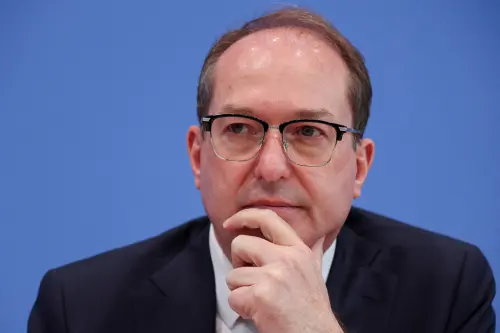Introduction
Concerns have been raised regarding unofficial border checks conducted by citizens in the Netherlands, prompting calls for intervention from Dutch officials.Context
On Saturday evening, a group of citizens near Ter Apel halted vehicles in an effort to identify asylum seekers, as reported by local broadcaster RTV Noord. This event comes shortly after the far-right leader Geert Wilders disrupted the ruling coalition amid tensions surrounding migration policy. Wilders’ political influence has profoundly affected Dutch immigration policy, resulting in some of the strictest asylum regulations within the European Union.Developments
German Interior Minister Alexander Dobrindt criticized the actions taken by the citizens of the Netherlands, stating there was no legal justification for such measures. He emphasized that if this trend persists, German authorities would have to reassess the situation. Dobrindt, who recently implemented stricter border controls and immediate rejections of asylum requests, indicated that he anticipated the Dutch authorities would put an end to these activities.Andreas Rosskopf, head of Germany's Federal Police Union, expressed concerns that the Dutch government's response had been insufficient. He called for a stronger commitment to prevent citizens from taking actions typically reserved for law enforcement. Rosskopf underscored that individuals without legal authority are not permitted to intervene in security matters.
In response to the citizens' actions, Dutch Justice Minister David van Weel acknowledged the public's frustration but stressed the importance of allowing police and military authorities to fulfill their responsibilities without interference.
